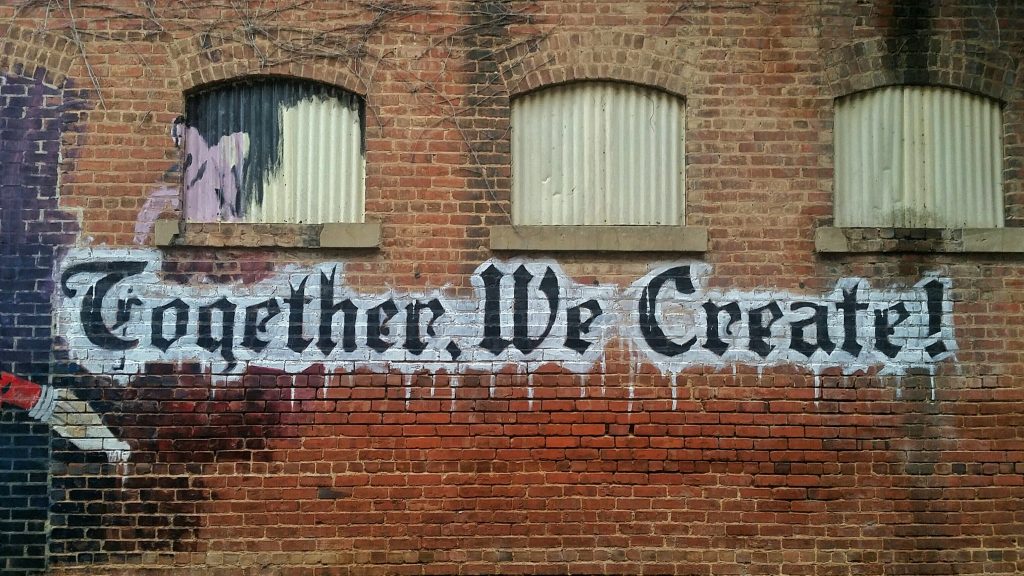I recommend these books and tools for improving your writing and living a more creative life. Please know that I am not receiving commissions for these products. I’m recommending them simply because I use them myself. Hope they are as useful to you as have been for me!
TOOLS FOR IMPROVING YOUR WRITING
Invisible Ink by Brian McDonald
If I could only recommend one book on writing, Invisible Ink by Brian McDonald would be it. It’s through Brian’s teachings that I’ve learned the simple, but not easy, techniques for writing a good and memorable story. Whether you’re writing a screenplay, a short story, or a novel, get your hands on Invisible Ink. Read it, absorb it, and become the writer you were meant to be.
The Golden Theme by Brian McDonald
If I could only recommend two books on writing, I’d recommend Invisible Ink and The Golden Theme by Brian McDonald. Together, these books are what I call “The Holy Grail of Writing Books.” While Invisible Ink will teach you the core elements of story, The Golden Theme will teach you what makes storytelling essential to us as human beings. It is an enlightening, eye-opening book.
I’d been following Brian McDonald’s Invisible Ink Blog for years when I heard that he was collecting his best posts into a book. I had to get it! Brian’s essays have taught me so much about the craft of writing and story structure, but also about great movies and what makes them great. Whenever I need a pep talk, I read one of Brian’s stories, and then I’m revving to get back to it.
The INFJ Writer by Lauren Sapala
The INFJ Writer helped me understand why and how I write the way I do. The examples hit so close to home that it felt like Lauren was spying on me. She lays out the challenges and advantages of being an intuitive writer in such an engaging and encouraging way. I am ENFJ, not INFJ, but I highly recommend this book to all writers with a NF Myers-Briggs type or who identify as intuitive or highly sensitive.
The Pyramid Approach to Novel Writing by Jess Lourey
I took Jess’s workshop at a Mystery Writers of America One-Day University and found her Pyramid Approach to be very helpful. It helps you take an idea and map it into a novel using seven steps. “Only seven?” Yes, only seven, but they’re just as challenging, if not more challenging, than writing the actual novel. This approach can help writers who like to outline, but may not work as well for “pantsers.”
TOOLS FOR LIVING A MORE CREATIVE LIFE
Big Magic by Elizabeth Gilbert
If you’re a writer, artist, or anyone who wants more creativity in your life, Big Magic: Creative Living Beyond Fear is for you. After reading this book, I felt inspired, motivated, and ready to get back to writing. Liz’s stories gave me the compassionate push I needed to move forward with my scary, yet exhilarating, creative goals. I read this book every time I need a creativity and courage boost.
Art & Fear by David Bayles and Ted Orland
This is a short book, but one that took me a while to read and digest. David and Ted, both working artists, understand how hard it is to make art on a consistent basis. They understand the fear that is always there during the creative process. Reading this book made me feel more understood and less alone.
Show Your Work! by Austin Kleon
I read Show Your Work! in one sitting, but the lessons I learned from it have come back to me for days, weeks, and years. Austin’s book helped me realize that I needed to stop thinking my writing needed to be great before I showed it to anyone. I learned through his examples how to show my work on a regular basis, and how doing that would help me build an audience over time.
Better Than Before by Gretchen Rubin
As someone that’s always looking for the “right” set of habits that will make me a more productive and happier person, reading Better Than Before was crucial to my development and growth. Gretchen’s book helped me realize there’s not one magical set of habits that will work for everyone. It helped me discover and cultivate habits that will work for my personality, preferences, and quirks.
From Coping to Thriving by Hannah Braime
From Coping to Thriving opened my eyes to the real meaning of “self-care.” As the book details, “self-care is health care.” It took me 20 years of working full time to finally realize that self-care was not a luxury, but a necessity. When I found Hannah’s book in my 40s, it was like finding the last puzzle piece that I needed for creating a better, healthier life. Great resource for all creatives.
How to Be Everything by Emilie Wapnick
I learned from the late, great author Barbara Sher that I’m a scanner, not a diver, and I later learned from Emilie Wapnick that I’m a multipotentialite too. Emilie’s book, How to Be Everything, made me feel seen, heard, and understood. I always recommend it to people I meet who have tons of interests and experiences (I’ve had 35 jobs!), and have a hard time sticking to one career or line of work.
I Could Do Anything If I Only Knew What It Was by Barbara Sher
Don’t let the title fool you. Even if you already know you want to be some kind of creative worker, this book can help you. Because even if you know what you want, it can still be hard to figure out how to get it. Barbara’s book is full of wise, insightful, compassionate, and funny stories. Highly recommended for both people who know what they want to do and people who don’t.
Photo of brick wall by My Life Through a Lens.
